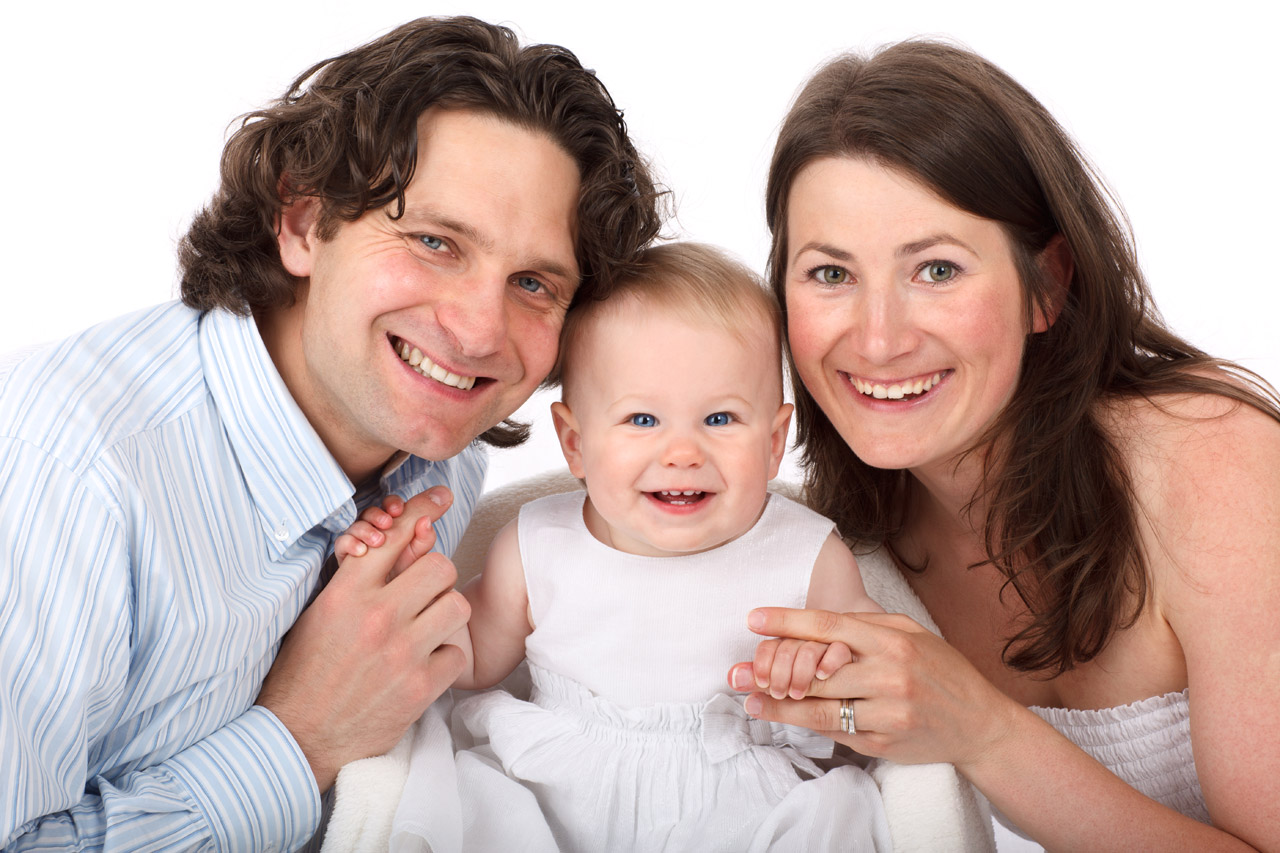People that have decided to find a surrogate mother to work do so because of very different personal circumstances. A woman with a heart condition, as one example, may still be biologically capable of becoming pregnant but is medically advised not to do so. Her condition means that the intense physical demands of pregnancy may endanger her life and that of the unborn child.
This is where surrogacy provides an alternative. Another woman agrees to become pregnant on behalf of a would-be family. Once the birth occurs, that newborn is now introduced to the new parents, and a new life as a family can begin. However, with surrogacy come many new questions that need to be answered, and one of them is which egg will be used.
The Traditional Option
For centuries, there wasonly one choice for the use of an egg in surrogacy, and that was the surrogate mother herself. For many, it’s not unusual for this to still be the preferred choice. Of course, these days, the process of using the surrogate mother’s egg as the donor egg is much more sophisticated. In previous centuries, the only way to achieve this was for the father of the would-be family to have actual sexual intercourse with the surrogate mother. Today, artificial insemination is the preferred method. This is both less emotionally awkward and medically more efficient for boosting the chances of successful fertilization.
This is often an option when would-be parents don’t have particular wishes for the genetic characteristics of the child. A same-sex male couple, for example, can donate sperm from one, or both partners. Still, since there is no egg to “use” between either partner, a healthy surrogate mother’s egg will meet requirements.
The Would-Be Mother
This is, in the 21st century, a very popular choice, although it does mean added expense for the surrogacy process. The “gestational surrogacy” process is used whenever the surrogate mother’s egg is not going to be used. Instead, a donor egg is fertilized with donor sperm in a lab. Once the successful fertilization has been confirmed, that egg is then implanted in the surrogate mother, and healthy pregnancy and birth occur.
This makes it possible for a would-be family to have a genetically “complete” baby, in the sense that the DNA is a combination of both parents. In this case, the only difference is that the baby was not nurtured in the womb of the genetic mother, but a surrogate mother. However, as far as genetic testing is concerned, the baby born of gestational surrogacy has direct, genetic roots with both would-be parents, just as he or she would in a traditional pregnancy.
This does, however, bring up some additional options, such as Preimplantation Genetic Diagnosis, or PGD. In a healthy pregnancy, if one or both parents have a chronic medical condition that is passed down along family lines, pregnancy is always a “roll of the dice.” The baby still runs the risk of manifesting a family condition, such as Down’s Syndrome or cystic fibrosis.
With PGD and gestational surrogacy, however, this risk is minimized. Multiple eggs can be fertilized and then processed with PGD screening. Any fertilized eggs that show the medical conditions have manifested aren’t used, ensuring that only a healthy baby is born.
Other Donors
In some cases, the egg of the would-be mother may not be available, such as when a woman has undergone cancer-related surgery that removed her eggs, and she didn’t store any cryogenically. Despite not having the would-be mother’s egg available, there may be a wish not to use the egg of the surrogate mother herself. This choice is often made for a variety of different reasons.
One of the most common reasons would-be parents choose a different donor is ethnicity. An Asian couple, for example, may prefer to have a child that is born with Asian DNA even if the mother’s egg is not available. If no Asian surrogate mothers are available to use as a donor, the preference may be to use the egg of a willing Asian female donor instead.
This may also be the case for the health of the baby. The surrogate mother herself may be in good physical health, and be medically suitable for pregnancy. However, she may have family conditions that the would-be family is concerned about passing onto the child. In other cases, the family may wish for particular genetic traits, such as a taller, more athletic build, and may select an egg donor for surrogacy based on that.
Every would-be family will have to discuss and come to a decision about how they would like to approach the egg donor issue in surrogacy. Some may have very simple, straightforward needs, while others will have more complex issues to deal with. Ultimately, this is always a decision that should be made with a lot of thought and seriousness.


